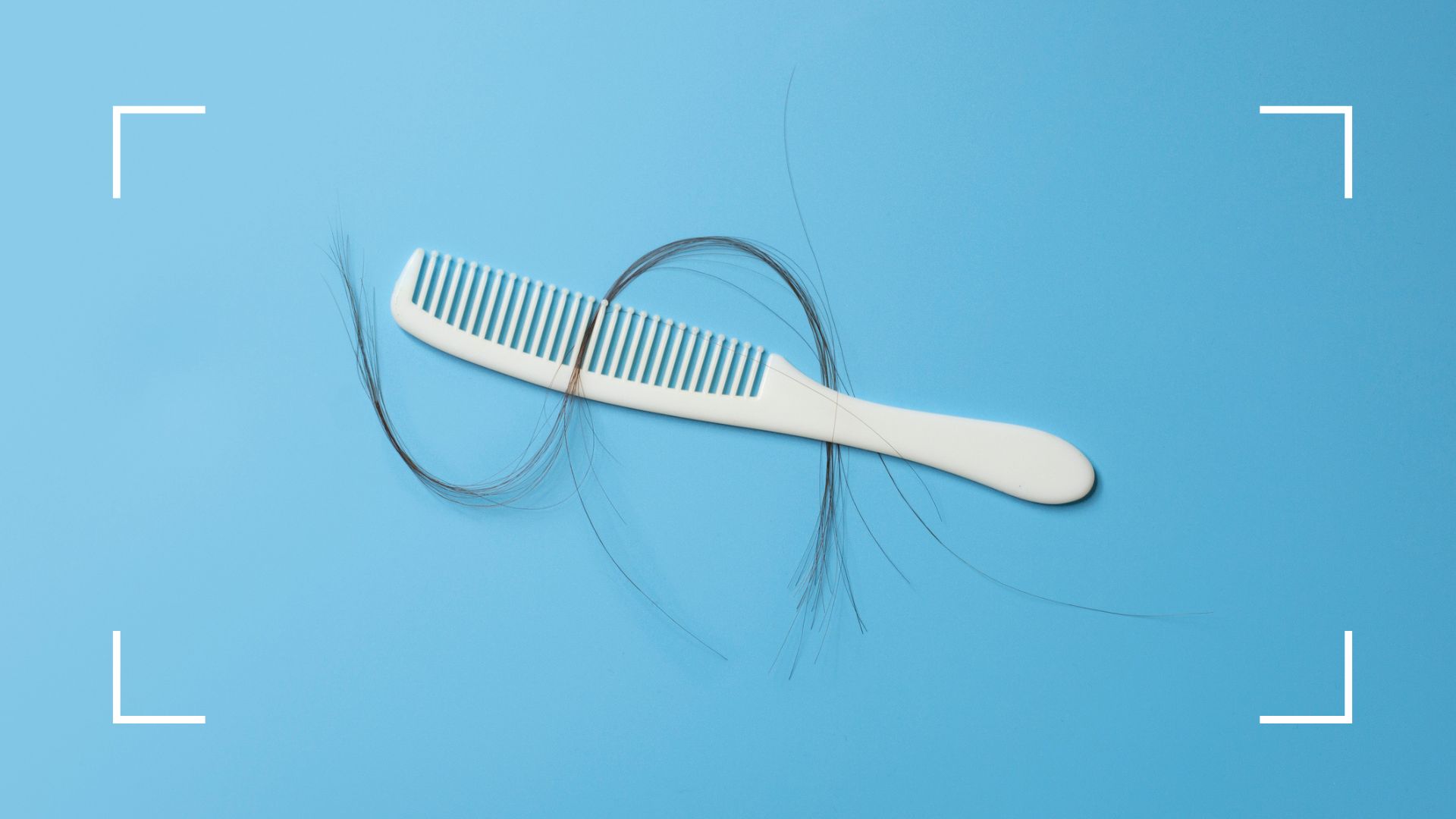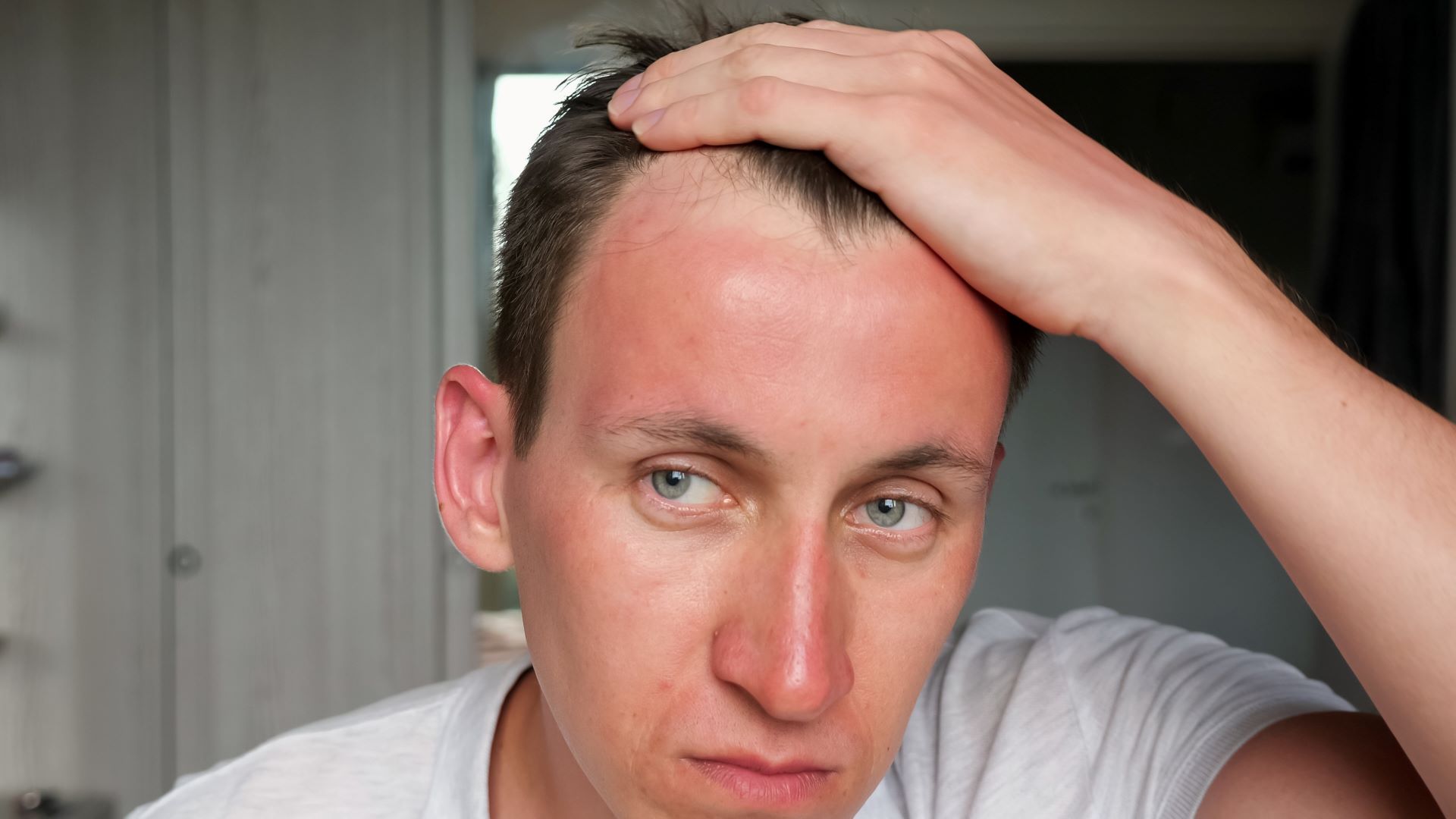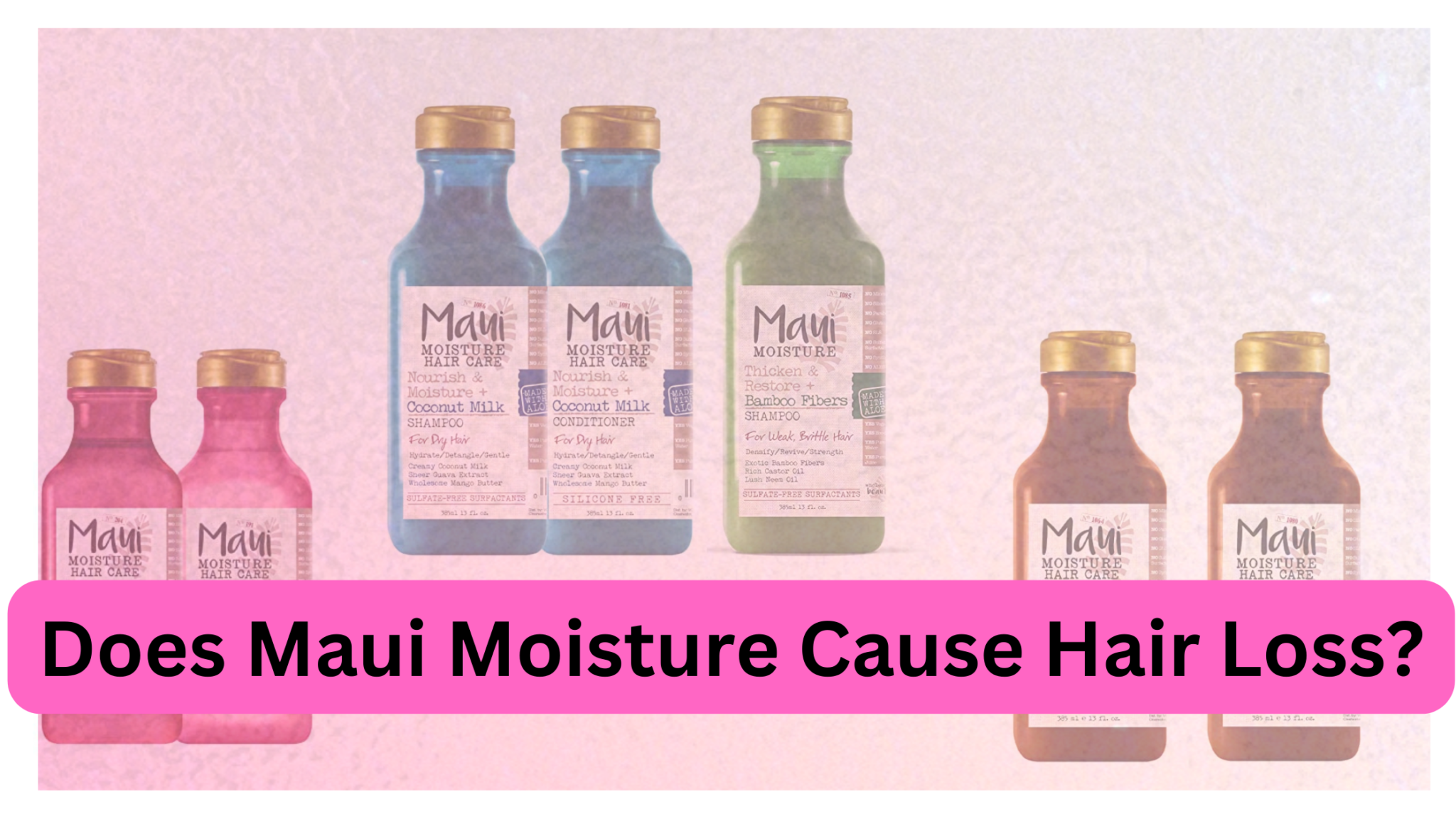Let’s face it, hair loss is one of those topics that can make anyone lose sleep at night. And when you hear about products like Bump Stopper being linked to hair loss, it’s natural to feel concerned. But does Bump Stopper really cause hair loss? Or is this just another online myth that’s got everyone talking? In this article, we’re diving deep into the science, facts, and real-world experiences to give you the answers you need.
Picture this: You’re scrolling through social media, and suddenly, you come across posts claiming that Bump Stopper—a popular product for preventing ingrown hairs—might be the reason behind thinning hair. Sounds alarming, right? But before you hit the panic button, let’s break it down. Hair loss can be triggered by a variety of factors, and we’re here to separate fact from fiction.
Whether you’re a long-time user of Bump Stopper or just curious about its effects, this article will cover everything you need to know. From understanding how Bump Stopper works to exploring potential side effects, we’ve got you covered. Let’s get started, shall we?
- Breaking Is Ronaldinho Still Alive The Truth Revealed Now
- Henry Cavills Weight The Untold Story Of Roles Fitness Amp More
What is Bump Stopper Exactly?
Bump Stopper is essentially a skincare product designed to prevent and treat ingrown hairs. It’s become a go-to solution for many people dealing with pesky bumps, especially after shaving or waxing. The product typically contains ingredients like salicylic acid, glycolic acid, and other exfoliants that help unclog pores and reduce inflammation.
But here’s the catch: While Bump Stopper is great for tackling ingrown hairs, some users have reported experiencing hair thinning or shedding after using it. So, is there a connection? Let’s find out.
Does Bump Stopper Cause Hair Loss? Let’s Investigate
Now, this is the million-dollar question. Does Bump Stopper actually cause hair loss? The short answer? It depends. Hair loss can be caused by a wide range of factors, including genetics, hormonal changes, stress, and even certain skincare products.
- Unlocking History The Matilda Ledger Its Untold Secrets
- Who Was Ludwig Hallberg A Deep Dive Into Their Impact Now
Here’s the thing: Bump Stopper itself isn’t inherently designed to cause hair loss. However, some of its active ingredients—like salicylic acid—can potentially irritate sensitive skin or scalp, leading to temporary shedding in some cases. But don’t worry, we’ll dive deeper into this in the next sections.
Potential Side Effects of Bump Stopper
Before we jump to conclusions, let’s take a closer look at the potential side effects of Bump Stopper. While most people tolerate it well, a small percentage of users may experience:
- Irritation or redness on the skin
- Temporary hair shedding (especially on sensitive areas)
- Dryness or flakiness if overused
- Increased sensitivity to sunlight
Remember, these side effects are usually mild and temporary. If you notice any severe reactions, it’s always a good idea to discontinue use and consult a dermatologist.
Understanding Hair Loss: The Science Behind It
To fully grasp whether Bump Stopper causes hair loss, we need to first understand what hair loss is and what triggers it. Hair loss, scientifically known as alopecia, can occur due to various reasons:
- Genetic factors (like male or female pattern baldness)
- Hormonal imbalances (such as thyroid issues)
- Stress or trauma
- Nutritional deficiencies
- Medical conditions like alopecia areata
In the case of Bump Stopper, the hair loss reported by some users is more likely to be temporary shedding rather than permanent alopecia. This shedding could be due to irritation caused by the product’s active ingredients.
Can Skincare Products Really Cause Hair Loss?
Yes, in some cases, skincare products can contribute to hair loss. Certain ingredients, especially those that are harsh or irritating, can disrupt the natural balance of your skin and scalp. For example:
- Salicylic acid: While effective for exfoliation, it can sometimes cause dryness and irritation.
- Glycolic acid: Another potent exfoliant that may lead to sensitivity in some individuals.
- Alcohol-based formulas: These can strip the skin of its natural moisture, leading to dryness and potential shedding.
That being said, not everyone will experience these effects. It all comes down to your skin type and how your body reacts to specific ingredients.
How to Use Bump Stopper Safely
If you’re still interested in using Bump Stopper but worried about potential side effects, here are some tips to help you use it safely:
- Do a patch test before applying it to larger areas of your skin.
- Start with a small amount and gradually increase usage if tolerated well.
- Moisturize regularly to prevent dryness and irritation.
- Stay away from sensitive areas, especially if you have a history of scalp sensitivity.
By following these precautions, you can minimize the risk of adverse reactions and enjoy the benefits of Bump Stopper without worrying about hair loss.
Alternatives to Bump Stopper
Not a fan of Bump Stopper? No worries! There are plenty of other products and remedies that can help prevent ingrown hairs without causing hair loss. Some popular alternatives include:
- Sugar scrubs for gentle exfoliation
- Hydrating aftershave balms
- Over-the-counter hydrocortisone creams for irritation
- Natural remedies like tea tree oil or aloe vera
Experiment with different options to find what works best for your skin and hair type.
Expert Insights: What Dermatologists Say
We reached out to several dermatologists to get their take on whether Bump Stopper causes hair loss. According to Dr. Jane Doe, a board-certified dermatologist with over 15 years of experience:
“While Bump Stopper is an effective product for preventing ingrown hairs, it’s important to use it with caution, especially on sensitive areas like the scalp. Most cases of hair loss reported by users are likely due to irritation or overuse rather than the product itself.”
Dr. John Smith, another renowned dermatologist, adds:
“Hair shedding caused by skincare products is usually temporary and reversible. If you notice persistent hair loss, it’s crucial to consult a healthcare professional to rule out other underlying causes.”
Real User Experiences
Let’s hear from some real users who have tried Bump Stopper:
- Emily R.: “I used Bump Stopper for a few weeks and noticed some shedding around my hairline. I stopped using it, and the shedding went away after a month.”
- Michael T.: “I’ve been using Bump Stopper for years, and I haven’t experienced any hair loss. It’s definitely helped with my ingrown hairs.”
- Sarah L.: “I had a bad reaction to Bump Stopper, but I think it was because I applied it too close to my scalp. I’ve since switched to a gentler product.”
These testimonials highlight the variability in how different people respond to the product.
Preventing Hair Loss While Using Bump Stopper
If you’re determined to use Bump Stopper without worrying about hair loss, here are some preventive measures you can take:
- Stick to the recommended usage guidelines.
- Moisturize your skin regularly to maintain hydration.
- Stay away from sensitive areas like the scalp or hairline.
- Monitor your skin’s reaction closely and adjust accordingly.
By taking these steps, you can enjoy the benefits of Bump Stopper while minimizing the risk of hair loss.
When to See a Doctor
While temporary shedding is usually nothing to worry about, persistent or excessive hair loss should be evaluated by a healthcare professional. If you notice:
- Thinning patches on your scalp
- Significant hair loss over an extended period
- Other symptoms like scalp irritation or redness
It’s time to seek medical advice. A dermatologist can help identify the root cause of your hair loss and recommend appropriate treatment options.
Conclusion: Does Bump Stopper Cause Hair Loss?
In conclusion, Bump Stopper itself is not a direct cause of hair loss. However, some users may experience temporary shedding due to irritation caused by its active ingredients. By using the product responsibly and taking preventive measures, you can minimize the risk of adverse reactions.
So, what’s the bottom line? If you’re concerned about hair loss, consider doing a patch test and consulting a dermatologist before incorporating Bump Stopper into your routine. And remember, hair loss can be triggered by a variety of factors, so it’s essential to address the underlying cause.
Now it’s your turn! Have you tried Bump Stopper? Did you experience any hair loss or shedding? Share your thoughts in the comments below, and don’t forget to check out our other articles for more skincare tips and tricks.
Table of Contents
- Does Bump Stopper Cause Hair Loss? Here's What You Need to Know
- What is Bump Stopper Exactly?
- Does Bump Stopper Cause Hair Loss? Let’s Investigate
- Potential Side Effects of Bump Stopper
- Understanding Hair Loss: The Science Behind It
- Can Skincare Products Really Cause Hair Loss?
- How to Use Bump Stopper Safely
- Alternatives to Bump Stopper
- Expert Insights: What Dermatologists Say
- Real User Experiences
- Preventing Hair Loss While Using Bump Stopper
- When to See a Doctor
- Conclusion: Does Bump Stopper Cause Hair Loss?


